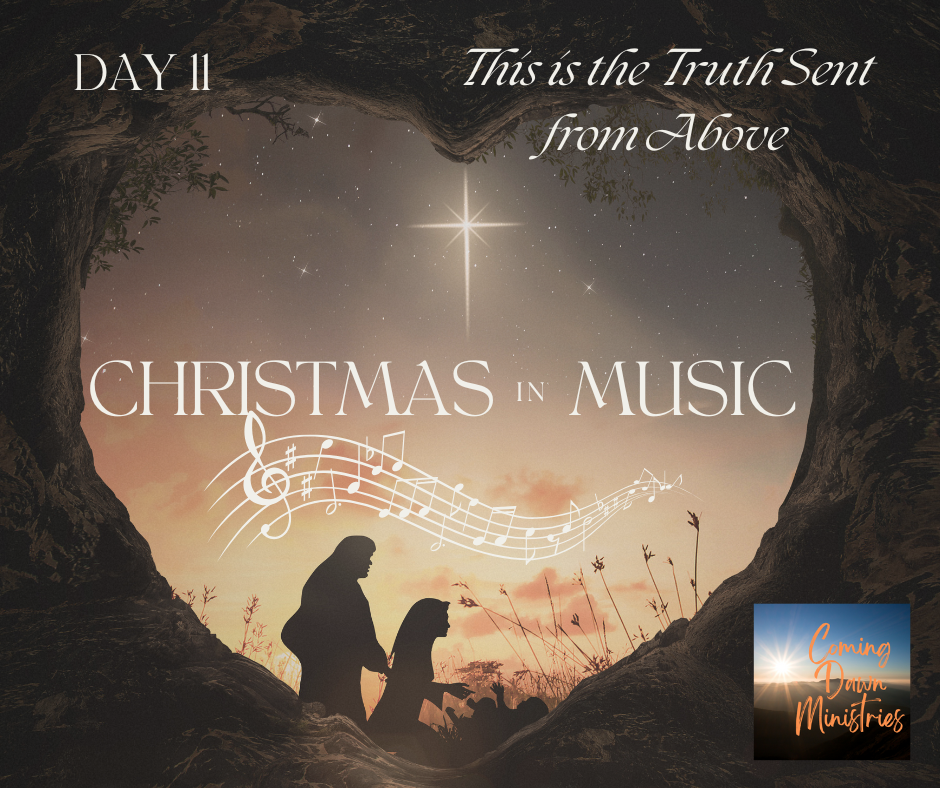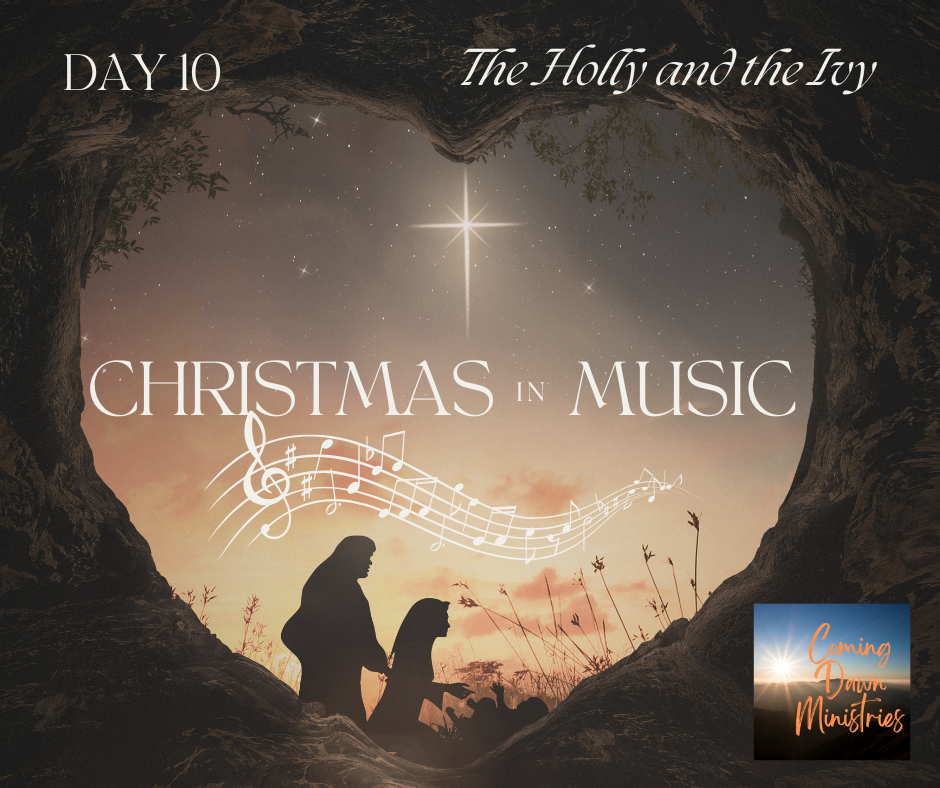Holiness Done Right, Pt. 19
- Renée Coventry
- May 27, 2021
- 3 min read
Yesterday we focused on separation done wrong, which can have far-reaching consequences, and discovered that the plumbline for our separation is the Word of God. When we separate our time, space, and matter correctly, it always brings blessing. Let's explore how this is worked out in the lives of one Old Testament family, as seen in the book of Ruth.
Hard times had come upon the nation of Israel, and in response, a man named Elimelech separates himself from the other people of God. Now Elimelech's name means "My God is king," yet when famine hit, Elimelech left his home and family to dwell in the land of Moab, an enemy of his people and God. It is important to note that while his name declared God as king, Elimelech's life did not, because even before he left for Moab, he named his sons Mahlon, meaning "sick," and Chilion, meaning "pining, or wasting away." [1] Rather than walk in the assurance of God's identity, Elimelech's life reflected one in which he was directed by circumstance, relating his entire life and future hopes to the famine. This is not holy living. Remember, holiness is based first and foremost on God's character at work in our lives through the power of the Holy Spirit.
We all know the story. Even though Mahlon and Chilion marry Moabite women, both they and their father die there. And here's a principle to learn, when you divide improperly, you not only put your own life at risk but the lives of future generations, as well. We can't afford to get it wrong. It's at this point that Naomi, Elimelech's wife, decides to return home to Israel. She heard a rumor that God was providing His people with bread. Another principle is that had they stayed where they were, it may have been difficult, but they would have been sharing and dividing, having communion with brethren. Instead, she's left alone and bidding her two daughters-in-law farewell, but one refuses. One makes a correct separation – Ruth. Listen to what Ruth tells Naomi in Ruth 1:16-17:

"Entreat me not to leave you, or to turn back from following after you; For wherever you go, I will go; and wherever you lodge, I will lodge; Your people shall be my people, and your God, my God. Where you die, I will die, and there I will be buried. The LORD do so to me, and more also, if anything but death parts you and me."
What a holy statement! Ruth is consciously deciding to separate herself from everything Moab offers from her family to its gods and choosing Naomi and Naomi's God. She creates time, space, and matter for the Lord and another.
Upon arriving in Bethlehem during the barley harvest, Ruth encounters a man named Boaz, who, in contrast to Elimelech, though related, walks in holiness, according to all of God's commands. How do we know this? He follows God's command to create a place for the needy by helping provide for their needs, as outlined in Leviticus 23:22. Before Ruth ever arrived on the scene, Boaz's holiness made room for Ruth to enter his life. Then, by subsequently marrying her, he makes room for Elimelech's line to be restored through the birth of Obed. This is holiness done right.
Boaz is a type and shadow of Christ. Christ's holiness made room for us before we ever arrived on the scene. Romans 5:8-10 states, "But God demonstrates His own love toward us, in that while we were still sinners, Christ died for us. Much more then, having now been justified by His blood, we shall be saved from wrath through Him. For if when we were enemies we were reconciled to God through the death of His Son, much more, having been reconciled, we shall be saved by His life."
Love is good; holy love is better. Holy love is sacrificial, and holiness is always characterized by love.
Let's Pray:
Father, Your love is overwhelming! I want to choose rightly. I want to love like You, with holy love. Not with a love that accommodates sin, but a love that seeks to see sin eradicated and people reconciled to You. Holy Spirit, please teach me to love with holy and pure love, making room for others before they ever arrive on the scene so that they can be restored to relationship with You and others. Thank You, Lord, that You are guiding me into truth. Thank You for teaching me to love. In Jesus' Name, amen.
[1] James Strong, Strong's Expanded Exhaustive Concordance of the Bible (Nashville: Thomas Nelson, 2009), s.v. "Ruth 1:2." Accessed May 17, 2021, blueletterbible.org.



Comments